Julie Hogg murder: Double jeopardy killer's open prison move blocked
- Published
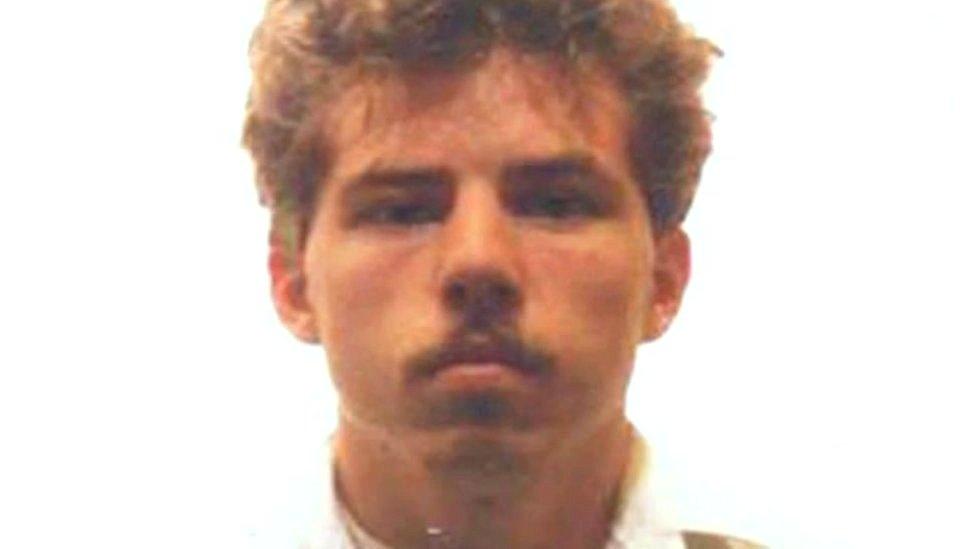
Billy Dunlop was jailed for murder in 2006 after a change in the double jeopardy law
A bid to move a "dangerous killer" who murdered his ex-girlfriend to a lower security jail has been blocked.
William Dunlop, 59, strangled Julie Hogg at her home in Billingham, Stockton-on-Tees, in 1989 but juries twice failed to find him guilty.
After a later confession, he became the first person to be retried for murder after a change in the "double jeopardy" law fought for by Ms Hogg's mother, external.
The Ministry of Justice said his move to an open prison had been rejected "in the interest of public protection".
Dunlop, known as Billy, was jailed after admitting his guilt to a prison officer while serving time for assault.
He was sentenced to life in prison, external with a minimum term of 17 years for murdering the 22-year-old mother and pizza delivery woman in a frenzied sex attack.
Temporary release permitted
His case made legal history as he became the first person to be charged twice with the same offence after 800-year-old double jeopardy laws were repealed.
Ms Hogg's mother, Ann Ming, campaigned for 15 years to have the law changed.
In September, the Parole Board said Dunlop could be transferred to an open prison, where he could have been granted occasional temporary release.
But after reforms to the parole system the plan was reviewed by Justice Secretary Brandon Lewis, who now had the power to approve or block such decisions.
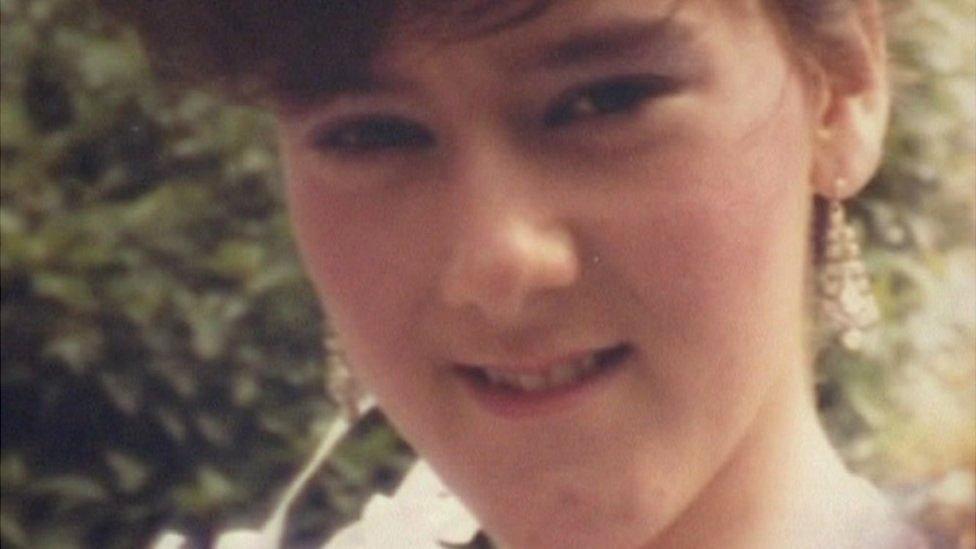
Julie Hogg was found by her mother hidden beneath her own bath
Ms Hogg's disappearance in November 1989 was initially treated as a missing person inquiry.
But her partially-mutilated body was found by her mother 80 days later, decomposing behind a bath panel.
The court heard Ms Hogg was "subjected to a violent sexual assault" after she rejected Dunlop, who was branded by the Crown Prosecution Service as a "dangerous killer".
Dunlop twice stood trial but, each time, a jury failed to reach a verdict.
He was formally cleared but later confessed and admitting lying in court, boasting there was nothing anyone could do about it.
In his second Parole Board review, judges found that at the time of his offending Dunlop had a "willingness to use extreme violence" fuelled by alcohol, drugs and his friends.
He had "difficulties" with relationships, a problematic attitude towards women and felt entitled to sex, they said.
Documents detailing their decision said that after completing "intensive therapeutic and offending behaviour work" over a number of years he had shown a "significant shift in his understanding of his own behaviour and the impact on other people" and took "full responsibility" for the offence.
There had been no evidence of "violence, sexually inappropriate behaviour or substance misuse for many years", his behaviour was "generally positive" in prison and his maturity had increased.
Officials did not think he was suitable for release but felt a period of time in open prison could be "helpful and safe".
Correction 6 October 2025: This article inaccurately stated that Billy Dunlop was acquitted twice and has been amended to make clear that he was acquitted after the jury could not reach a verdict after two separate trials. The article also said he was sentenced to life in prison with a minimum term of 15 years and has been amended to make clear this was a minimum term of 17 years.

Follow BBC North East & Cumbria on Twitter, external, Facebook, external and Instagram, external. Send your story ideas to northeastandcumbria@bbc.co.uk, external.
Related topics
- Published13 September 2022
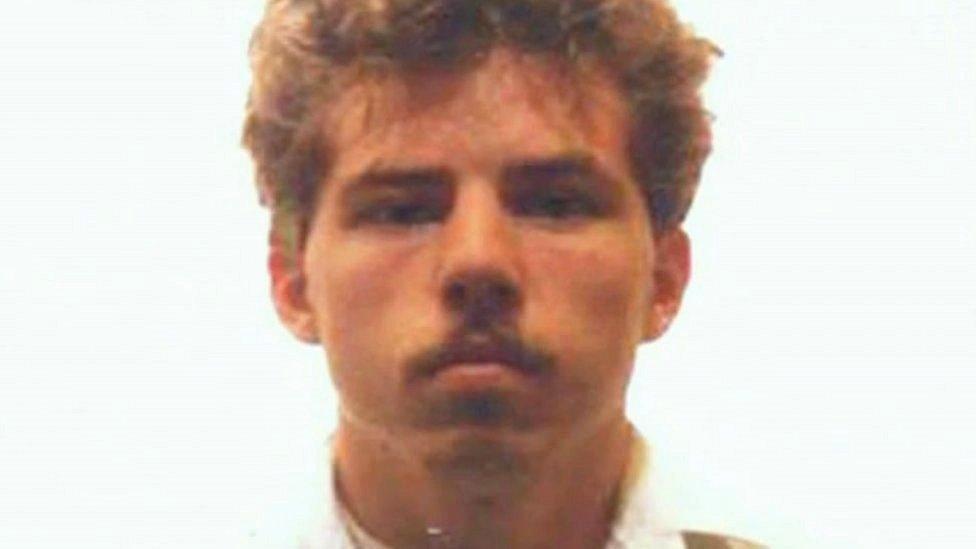
- Published18 July 2018
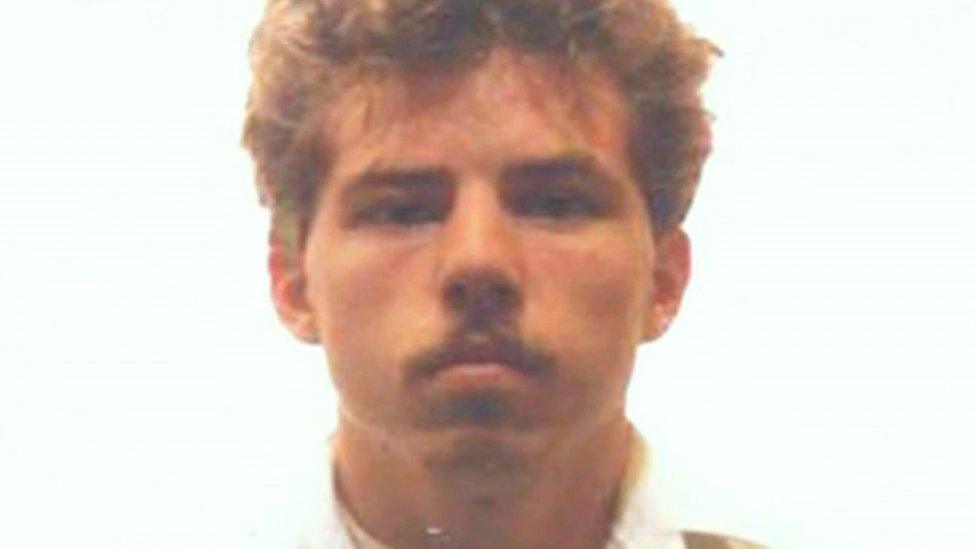
- Published12 July 2017

- Published10 July 2017
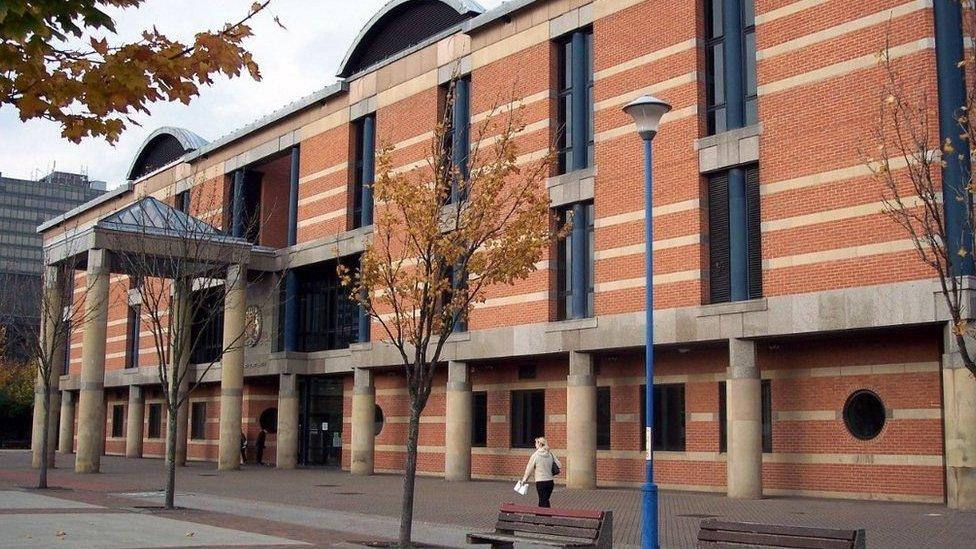
- Published6 July 2017
